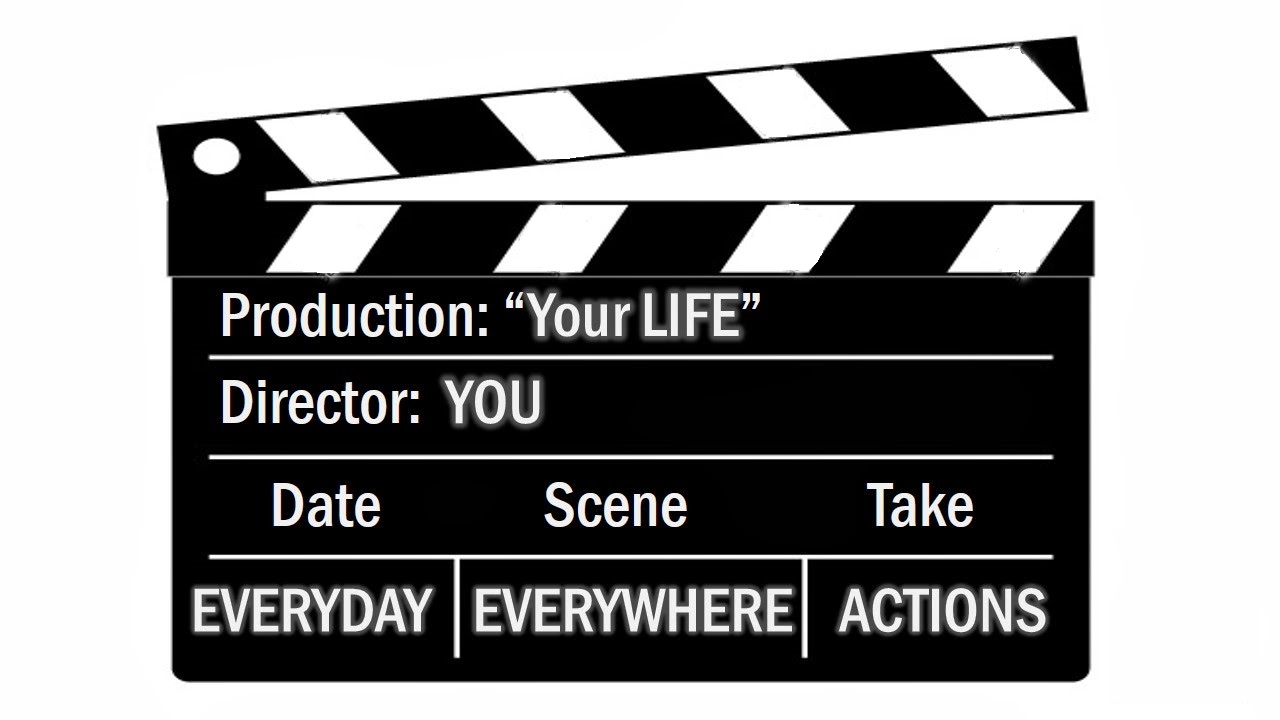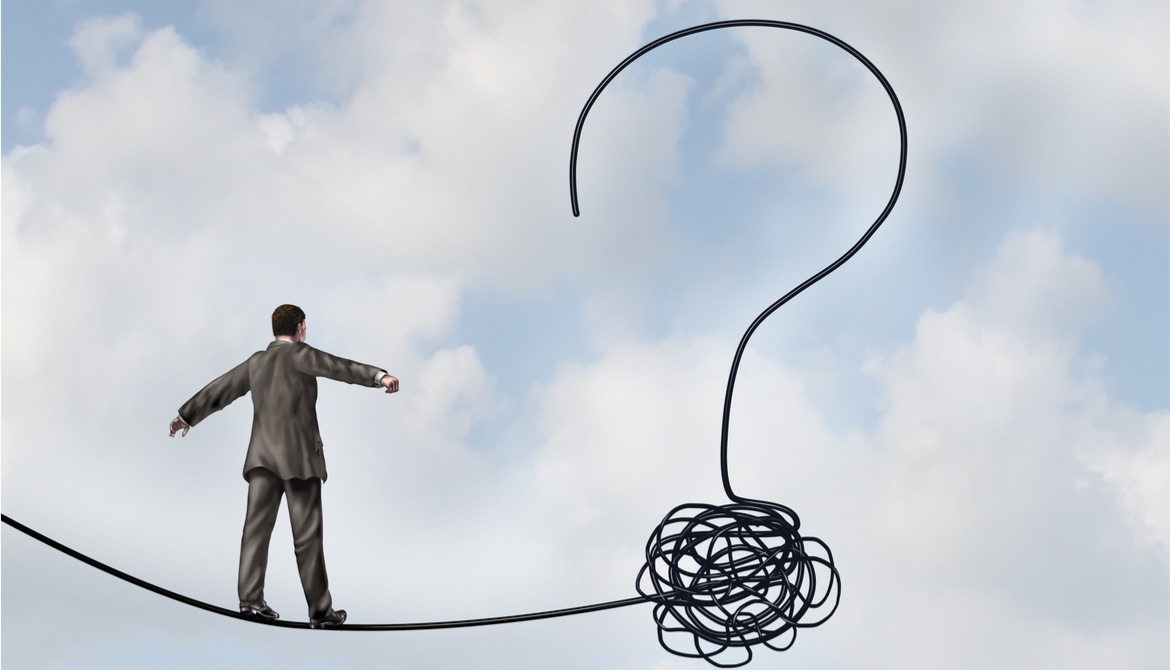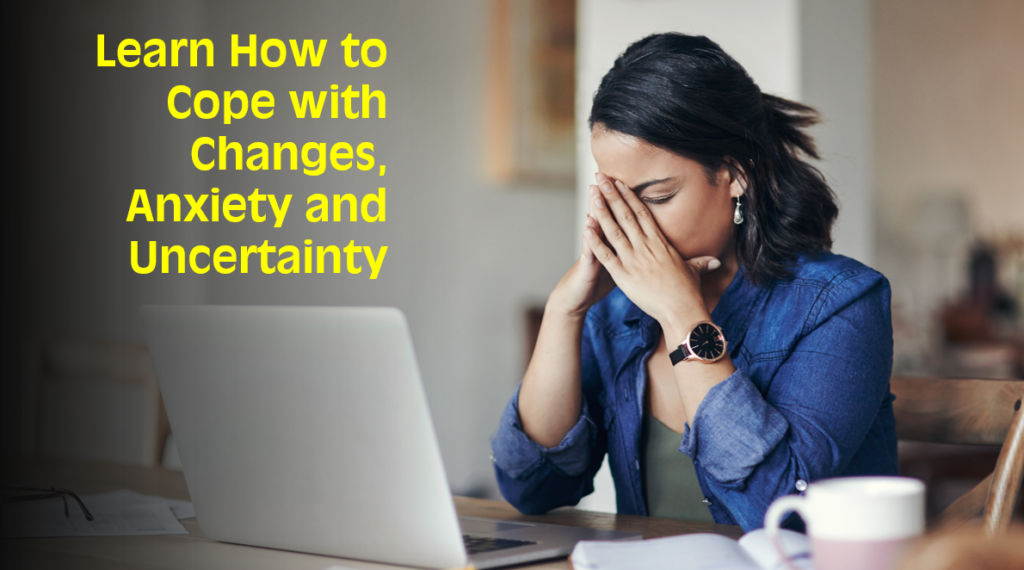Change is the only constant in life. While some people enjoy living an unpredictable life, others find the randomness of life deeply distressing. The changes that we faced over the past 3 months are immense. From travel restrictions, social distancing, working from home, banning social gatherings over 10 people to the current Circuit Breaker measures. Fears and anxiety have elevated while we are trying to adapt to these rapid and drastic changes.
The current COVID-19 pandemic has heightened uncertainty over the economy, employment, finances, relationships, and of course, physical and mental health. If you feel overwhelmed by uncertainty and worry, it’s important to know that you’re not alone; many of us are in the same boat at this time. It’s also important to realize that no matter how helpless and hopeless you feel, there are steps you can take to better deal with uncontrollable circumstances, alleviate your anxiety, and face the unknown with more confidence.
Learning to Cope with Uncertainty

While we may not wish to acknowledge it, uncertainty is a natural and unavoidable part of life. Very little about our lives is constant or totally certain, and while we have control over many things, we can’t control everything that happens to us. As the coronavirus outbreak has shown, life can change very quickly and very unpredictably. You may have suddenly become sick, lost your job, or found yourself struggling to put food on the table or keep your family safe. You may be anxious about when the pandemic will end or if life will ever return to normal.
To cope with all this uncertainty, many of us use worrying as a tool for trying to predict the future and avoid nasty surprises. Worrying can make it seem like you have some control over uncertain circumstances. You may believe that it will help you find a solution to your problems or prepare you for the worst. Maybe if you just agonize over a problem long enough, just think through every possibility, or read every opinion online, you’ll find a solution and be able to control the outcome. Unfortunately, none of this works. Chronic worrying can’t give you more control over uncontrollable events; it just robs you of enjoyment in the present, saps your energy, and keeps you up at night. But there are healthier ways to cope with uncertainty—and that begins with adjusting your mindset.
(Watch on YouTube: Build Positivity & Resilience with the Right Mindset)
Tip 1: Take action over the things you can control

Much about life is uncertain at the moment—and many things remain outside of your control. But while you can’t control the spread of a virus, the recovery of the economy, or whether you’ll have a pay check next week, you’re not totally powerless. Whatever your fears or personal circumstances, instead of worrying about the uncontrollable, try to refocus your mind on taking action over the aspects that are within your control.
For example, if you’ve lost your job or income during this difficult time, you still have control over how much energy you put into searching online for work, sending out resumes, or networking with your contacts. Similarly, if you’re worried about your health amid the coronavirus pandemic, you can take action by regularly washing your hands, cleaning surfaces, avoiding crowds, and looking out for vulnerable friends and neighbors.
By focusing on the aspects of a problem that you can control in this way, you’ll switch from ineffective worrying and ruminating into active problem-solving. Of course, all circumstances are different and you may find that in some situations all you can control is your attitude and emotional response.
(Related: Master the Art of Proactive Thinking and Taking Action at Work)
Tip 2: Learn to accept uncertainty

No matter how much you strive to eliminate doubt and volatility from your life, the truth is you already accept a lot of uncertainty every day. Each time you cross a street, get behind the wheel of a car, or eat takeout or restaurant food you’re accepting a level of uncertainty. You’re trusting that the traffic will stop, you won’t have an accident, and everything you’re eating is safe. The chances of something bad happening in these circumstances is small, so you accept the risk and move on without requiring certainty.
When irrational fears and worries take hold, it can be hard to think logically and accurately weigh up the probability of something bad happening.
(Related: How to Combat Chronic Worrying)
Tip 3: Focus on the present

Uncertainty is often centered on worries about the future and all the bad things you can anticipate happening. It can leave you feeling hopeless and depressed about the days ahead, exaggerate the scope of the problems you face, and even paralyze you from taking action to overcome a problem.
One of the surest ways to avoid worrying about the future is to focus on the present. Instead of trying to predict what might happen, switch your attention to what’s happening right now. By being fully connected to the present, you can interrupt the negative assumptions and catastrophic predictions running through your mind.
You can learn to purposely focus your attention on the present through mindfulness. With regular practice, mindfulness can help change your preoccupation with future worries to a stronger appreciation of the present moment—as well as help calm your mind, ease stress, and boost your overall mood.
(Related: The Growing Practice of Mindfulness (And How It Benefits You))
Using mindfulness to stay focused on the present can take perseverance. Initially, you may find that your focus keeps wandering back to your future fears and worries—but keep at it. Each time you focus your attention back on the present, you’re strengthening a new mental habit that can help you break free of uncertainty.
(Watch on YouTube: Overcome your Stress and Anxiety with Mindfulness)
Source:
The Psychology Of Uncertainty: How To Cope With COVID-19 Anxiety

